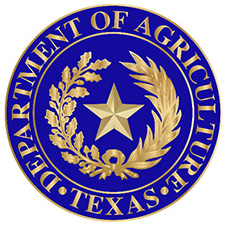USDA harnesses Conservation Reserve for climate mitigation
The USDA said it will offer higher rental rates and larger incentive payments to landowners who agree to idle environmentally fragile farmland and introduced a new payment for climate-smart practices to slow climate change. The expansions would boost spending on the Conservation Reserve by $300 million or more annually, said the White House on Wednesday.
Biden delay on new workplace Covid-19 standards concerns food worker advocates
In the early days of his administration, President Biden directed the nation’s workplace safety regulator to explore enforceable Covid-19 standards to better protect workers from the threat of the coronavirus. But months later, the new standards have not been issued, worrying advocates concerned about the health of vulnerable workers.
White House creates drought relief working group
Interior Secretary Deb Haaland and Agriculture Secretary Tom Vilsack were named Wednesday to be co-chairs of a Biden administration working group charged with addressing worsening drought conditions in the western half of the nation.
Vilsack still draws skepticism from farmers fighting agribusiness interests
During the Obama administration, Tom Vilsack presided over a USDA that promised to tackle concentration in the agribusiness industry. But after eight years, critics say, there was little evidence of reform. And that has led many to wonder whether there will be any meaningful changes during Vilsack’s current tenure as secretary of agriculture, according to FERN’s latest story, written by Clint Willis.
Today’s Quick Hits
A role for biofuels: Transportation Secretary Pete Buttigieg said the administration’s infrastructure plan would support “all forms of advanced renewable energy, including biofuels, which has to be part of how we can get to that net-zero goal by the middle of the century.” (DTN/Progressive Farmer)
Supporting soil health: The National Institute of Food and Agriculture will invest $21.7 million in several key programs, including soil health, to help farmers and ranchers mitigate the impact of climate change on agriculture. (USDA)
Food safety, edible insects: More than 2,000 insect species are consumed as food in 140 nations around the world, but their possible role as a larger source of food must be weighed against potential safety risks, said the FAO. (Food Safety News)
For the birds: Sixty percent of landowners in two counties in the Sand Hills of Nebraska said they were willing to delay the hay harvest until after July 15 so that grassland-dwelling birds such as meadowlarks and greater prairie-chickens could hatch their offspring safely. (University of Nebraska)











